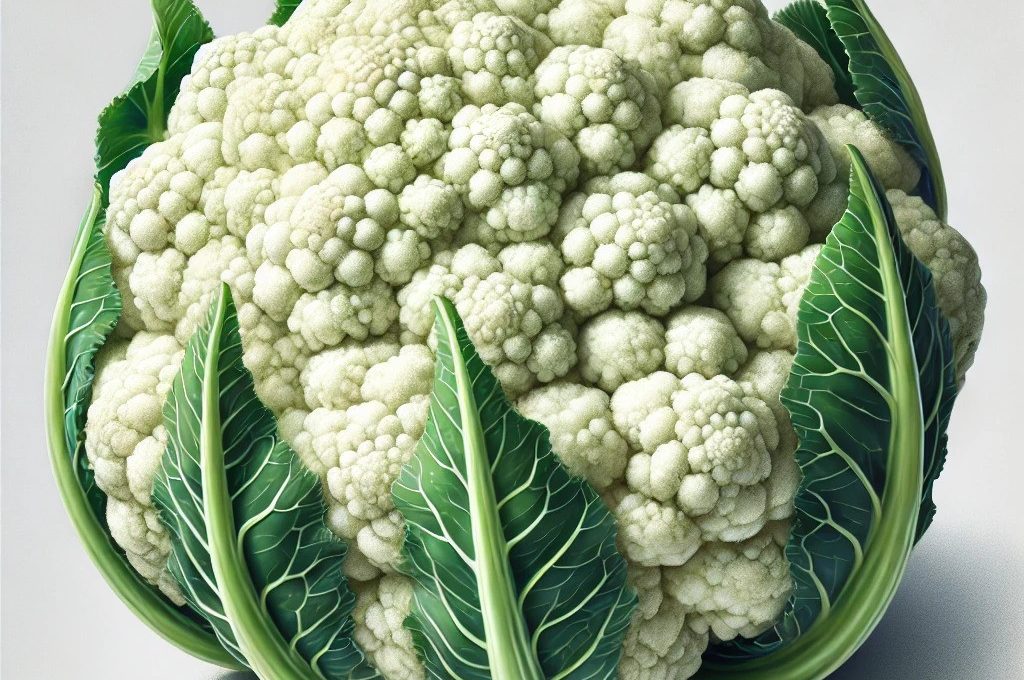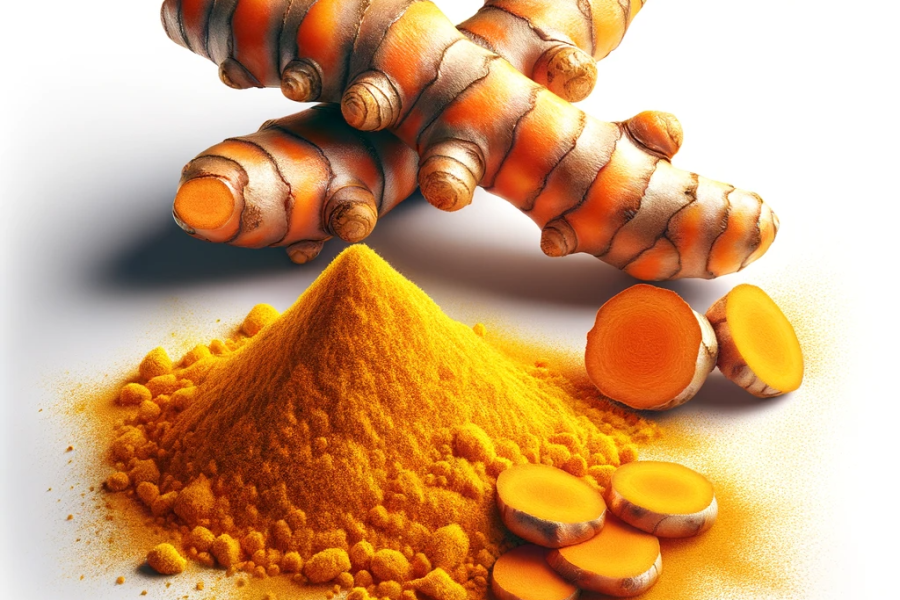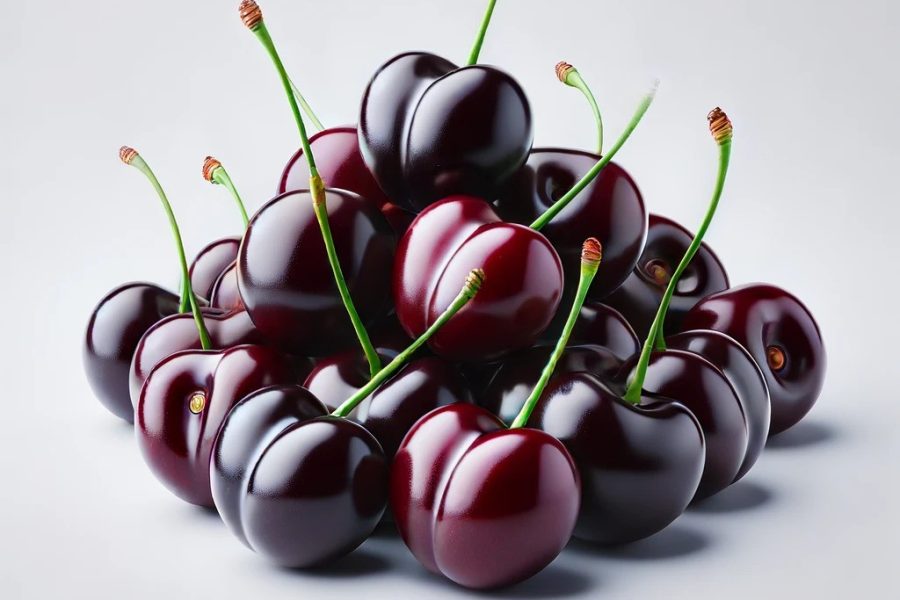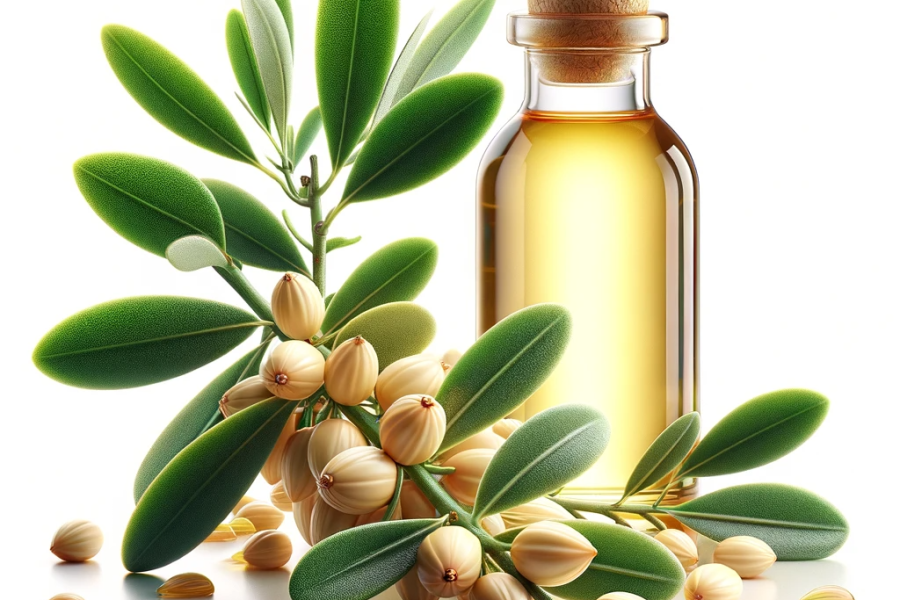Introduction to Cauliflower
Cauliflower: the white knight of the vegetable world! This cruciferous crusader might look like broccoli’s pale cousin, but don’t let its ghostly appearance fool you. Packed with nutrients and boasting a versatility that would make any superhero jealous, cauliflower is a veggie worth celebrating.
Fun Facts about Cauliflower
- Colorful Cauliflower: While the most common variety is white, cauliflower also comes in purple, green, and orange! Each color variation contains different antioxidants.
- Ancient Origins: Cauliflower has been around for over 2,000 years, with its origins traced back to the Mediterranean region.
- Brain Booster: Cauliflower is high in choline, a nutrient essential for brain development and function.
- Low-Carb Wonder: It’s a popular substitute for high-carb foods, turning into rice, pizza crust, and even mashed potatoes.
- Flower Power: The part of the cauliflower we eat is actually the undeveloped flower buds of the plant.
- Versatile Veggie: You can eat it raw, steamed, roasted, or even turned into a creamy soup!
- Cancer Fighter: Cauliflower contains sulforaphane, a compound that has been shown to have cancer-fighting properties.
- Hydration Hero: Composed of about 92% water, it’s great for hydration.
Nutritional Profile of Cauliflower
Cauliflower is a nutritional dynamo despite its modest appearance. Low in calories yet high in essential vitamins and minerals, this cruciferous vegetable offers numerous health benefits while fitting seamlessly into various dietary plans. Here’s a deeper dive into the impressive nutritional profile of cauliflower:
Vitamin C
One cup of cauliflower packs a whopping 51.6mg of Vitamin C, which is 86% of the Recommended Dietary Allowance (RDA). This powerful antioxidant is vital for the immune system, helps in the formation of collagen, and aids in the absorption of iron from plant-based foods.
Vitamin K
Cauliflower provides 16.6mcg of Vitamin K per serving, accounting for 21% of the RDA. Vitamin K is crucial for blood clotting and bone health.
Folate (Vitamin B9)
With 61mcg per serving, cauliflower covers 15% of the RDA for folate, an essential nutrient for DNA synthesis and repair, and particularly important for pregnant women to support fetal development.
Vitamin B6
Offering 0.2mg of Vitamin B6, which is 10% of the RDA, cauliflower supports brain health and helps in the production of neurotransmitters, which regulate mood and sleep.
Pantothenic Acid (Vitamin B5)
Cauliflower contains 0.7mg of Pantothenic Acid, providing 14% of the RDA. This vitamin is key in converting food into energy and synthesizing coenzyme A, important for fatty acid metabolism.
Potassium
Each serving of cauliflower provides 320mg of potassium, covering 9% of the RDA. Potassium is crucial for maintaining proper heart and muscle function and regulating fluid balance.
Manganese
With 0.2mg per serving, or 8% of the RDA, manganese plays a role in bone formation, blood clotting, and reducing inflammation.
Magnesium and Phosphorus
Cauliflower also provides smaller amounts of magnesium (16mg) and phosphorus (40mg), contributing to 4% and 6% of the RDA, respectively. These minerals are important for bone health, energy production, and maintaining healthy cells and nerves.
Nutritional Content per Average Serving Size (1 cup, 107 grams) and RDA
| Nutrient | Amount per Serving | % RDA |
|---|---|---|
| Calories | 25 | – |
| Carbohydrates | 5g | – |
| Fiber | 2g | 8% |
| Protein | 2g | 4% |
| Fat | 0.28g | – |
| Vitamin C | 51.6mg | 86% |
| Vitamin K | 16.6mcg | 21% |
| Folate (B9) | 61mcg | 15% |
| Vitamin B6 | 0.2mg | 10% |
| Pantothenic Acid (B5) | 0.7mg | 14% |
| Potassium | 320mg | 9% |
| Manganese | 0.2mg | 8% |
| Magnesium | 16mg | 4% |
| Phosphorus | 40mg | 6% |
Antioxidant Content in Cauliflower
Cauliflower is not just rich in vitamins and minerals; it also contains a variety of antioxidants that play crucial roles in maintaining health and preventing diseases. Antioxidants help protect cells from damage caused by free radicals, unstable molecules that can lead to chronic diseases like cancer and heart disease. Here’s a closer look at the key antioxidants found in cauliflower and their health benefits:
Key Antioxidants in Cauliflower
- Vitamin C: A powerful antioxidant that protects cells from damage, enhances the immune system, and aids in collagen production.
- Manganese: Works as a co-factor for superoxide dismutase, an enzyme that fights oxidative stress.
- Beta-Carotene: A precursor to vitamin A, it supports vision, immune function, and skin health.
- Quercetin: A flavonoid with anti-inflammatory and antihistamine properties, it helps reduce inflammation and combat allergies.
- Kaempferol: Another flavonoid with antioxidant and anti-inflammatory properties, it supports heart health and protects against cancer.
- Sulforaphane: A compound with potent anti-cancer properties, it boosts the body’s detoxification enzymes and protects against cell damage.
- Glucosinolates: Precursors to sulforaphane, they help activate detoxifying enzymes and may reduce the risk of cancer.
- Indole-3-Carbinol: Helps balance hormone levels and may reduce the risk of hormone-related cancers.
Antioxidant Profile
| Antioxidant | Content (per 100g) | Health Benefits | Rank |
|---|---|---|---|
| Vitamin C | 51.6mg | Enhances immune function, protects cells from damage, aids collagen production | High |
| Glucosinolates | 3.2mg | Activates detoxifying enzymes, may reduce cancer risk | Moderate |
| Quercetin | 3mg | Anti-inflammatory, antihistamine properties, reduces inflammation | Moderate |
| Sulforaphane | 2.5mg | Anti-cancer properties, boosts detoxification enzymes | Moderate |
| Kaempferol | 2mg | Antioxidant, anti-inflammatory, supports heart health | Moderate |
| Indole-3-Carbinol | 1.5mg | Balances hormone levels, reduces risk of hormone-related cancers | Moderate |
| Manganese | 0.2mg | Cofactor for superoxide dismutase, fights oxidative stress | Low |
| Beta-Carotene | 8mcg | Supports vision, immune function, and skin health | Low |
Cauliflower’s impressive nutrient profile makes it a valuable addition to any diet. Whether you’re looking to boost your intake of essential vitamins and minerals, or simply want a versatile ingredient for your culinary creations, cauliflower is a fantastic choice.



